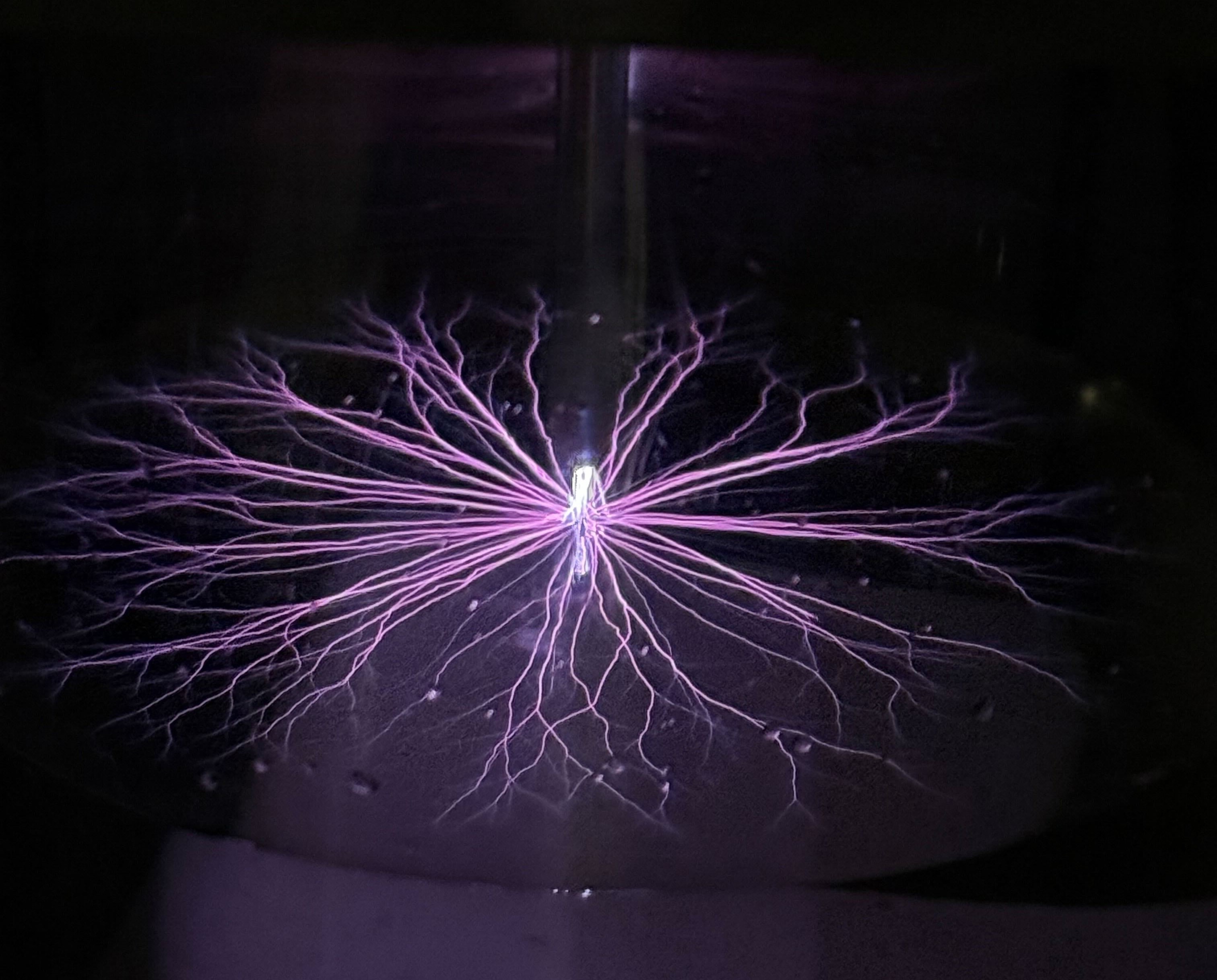Clarkson Professor Selma Mededovic to Lead $750,000 NSF Project Targeting “Forever Chemicals”
A research project at Clarkson University aims to solve one of today’s most difficult environmental challenges: removing toxic “forever chemicals” from water.

Selma Mededovic Thagard, the Richard and Helen March Professor in Clarkson’s Department of Chemical & Biomolecular Engineering, is leading the effort with Clarkson’s Jean S. Newell Distinguished Professor of Engineering Thomas Holsen, in collaboration with the University at Buffalo and the University of Michigan.
The team is studying how plasma can be used to fully break down PFAS into safe, stable substances. PFAS, or per- and polyfluoroalkyl substances, are man-made chemicals used in nonstick cookware, firefighting foams and other products. Known as “forever chemicals,” they resist breaking down in the environment and can build up in soil, water, wildlife and people.
“Current water treatment systems can’t fully remove PFAS, especially from complex waste streams,” Mededovic Thagard said. “Our research focuses on making plasma technology strong enough and efficient enough to solve that problem.”
The $750,000 project, supported by the National Science Foundation, will also use machine learning to study how PFAS molecules break apart. Those insights will help improve plasma reactor designs and make the treatment process faster and more effective.
In addition to the science, the project includes K-12 STEM outreach, student training opportunities, and public talks and workshops to share results with the community.
If successful, the research could provide a new tool for cleaning up PFAS contamination and improving water quality.
